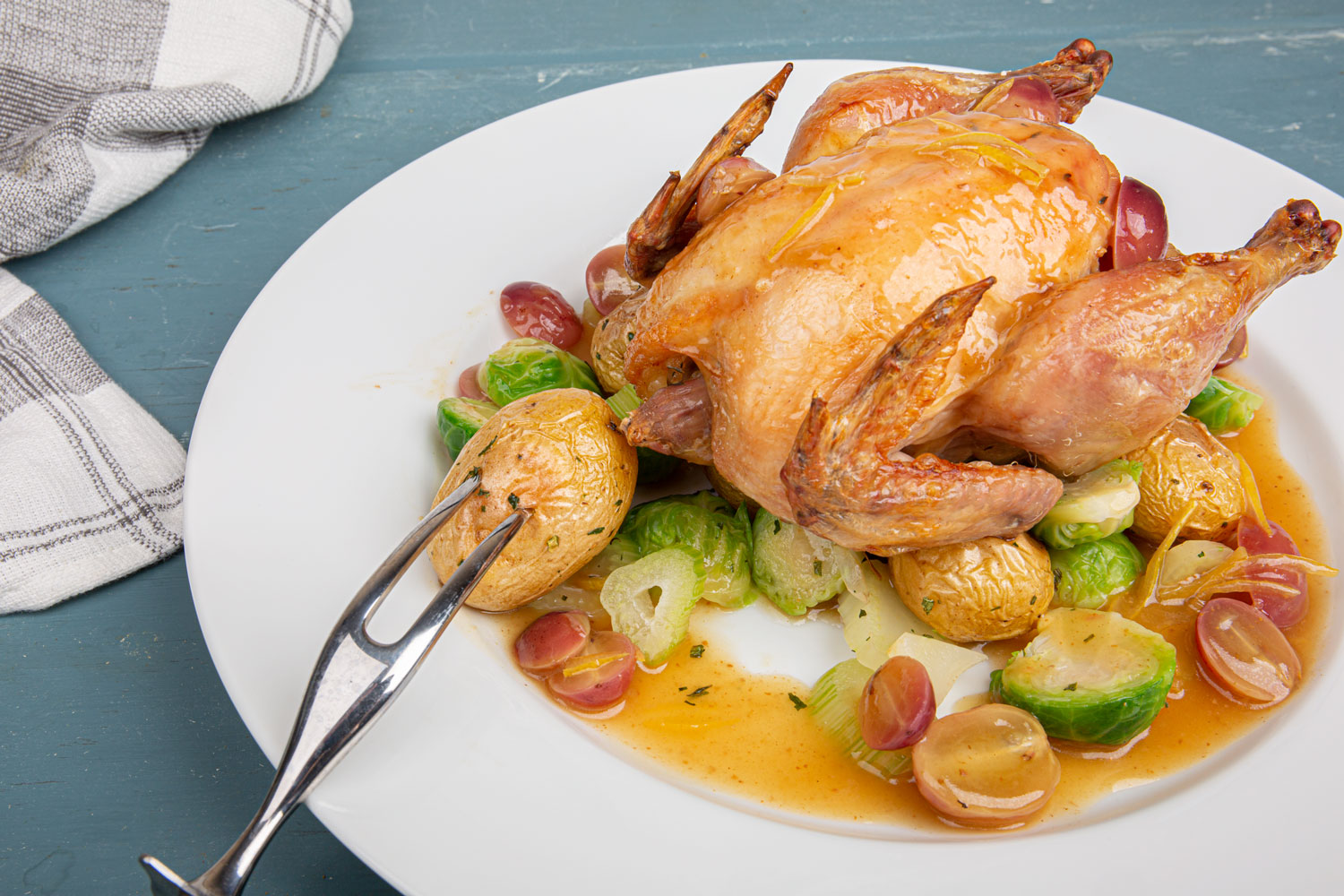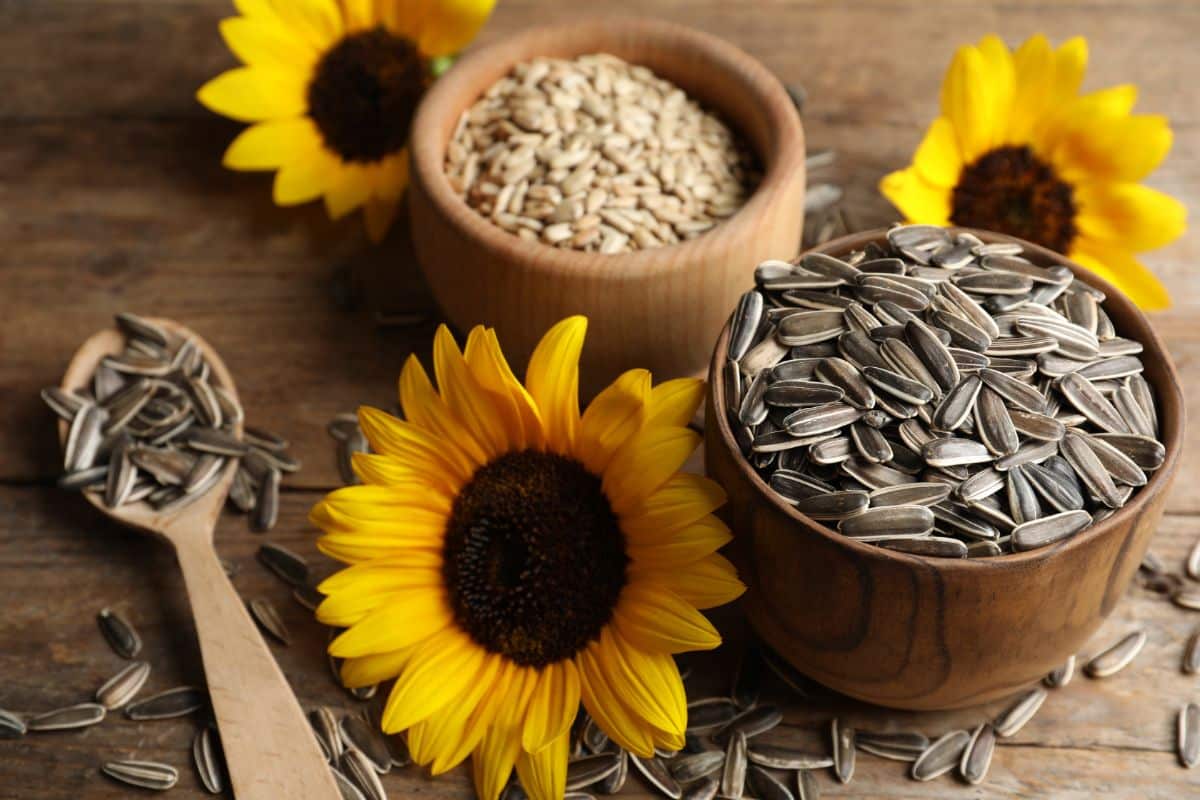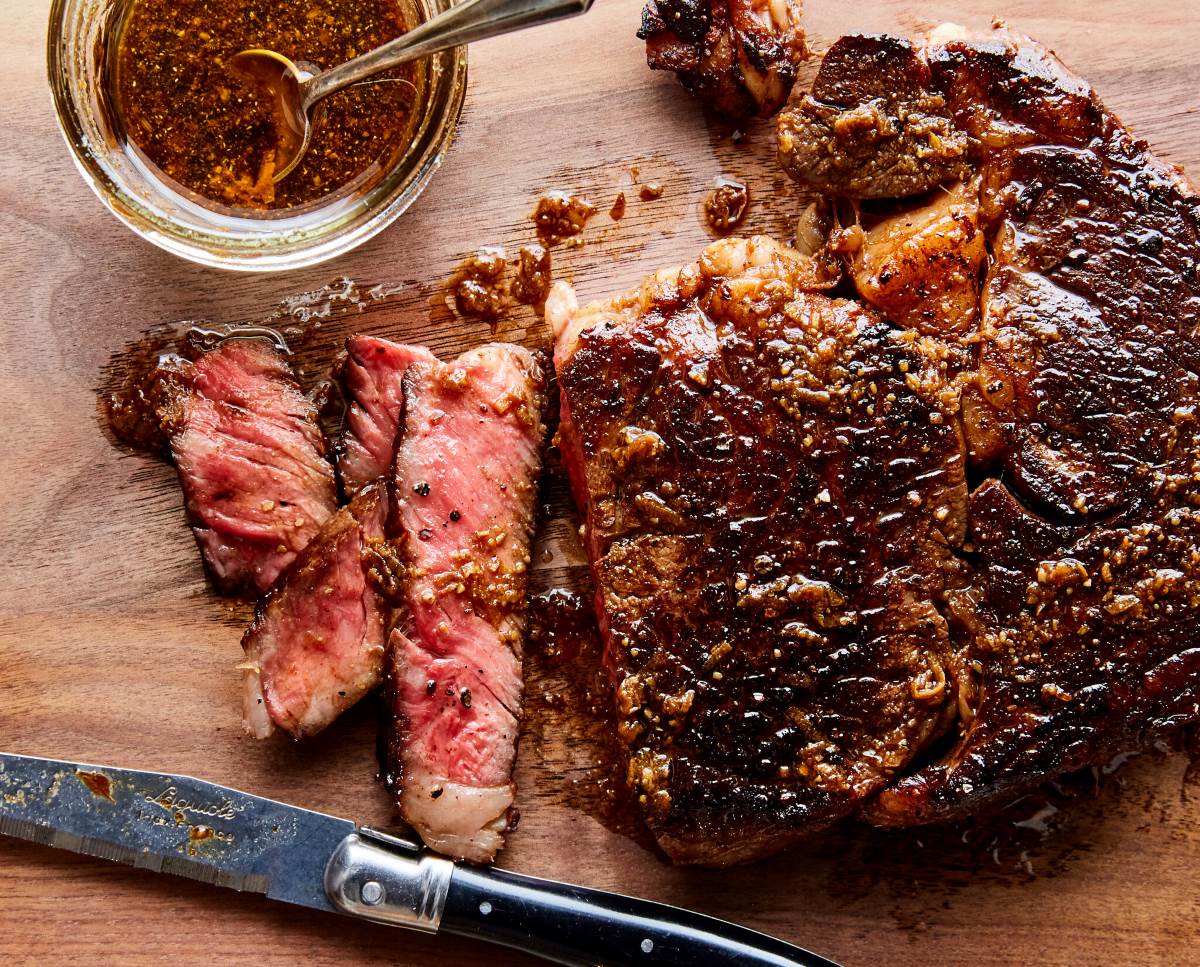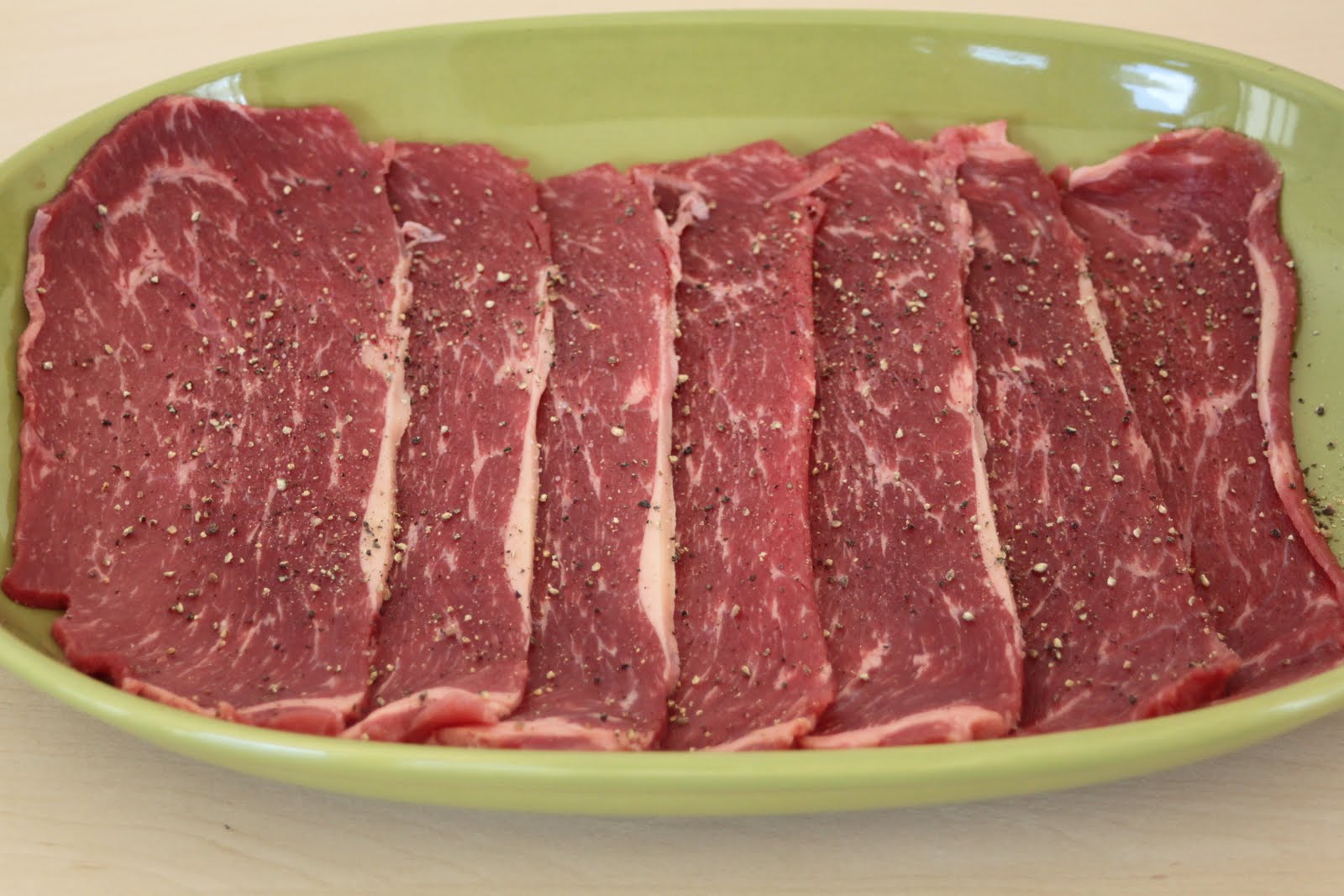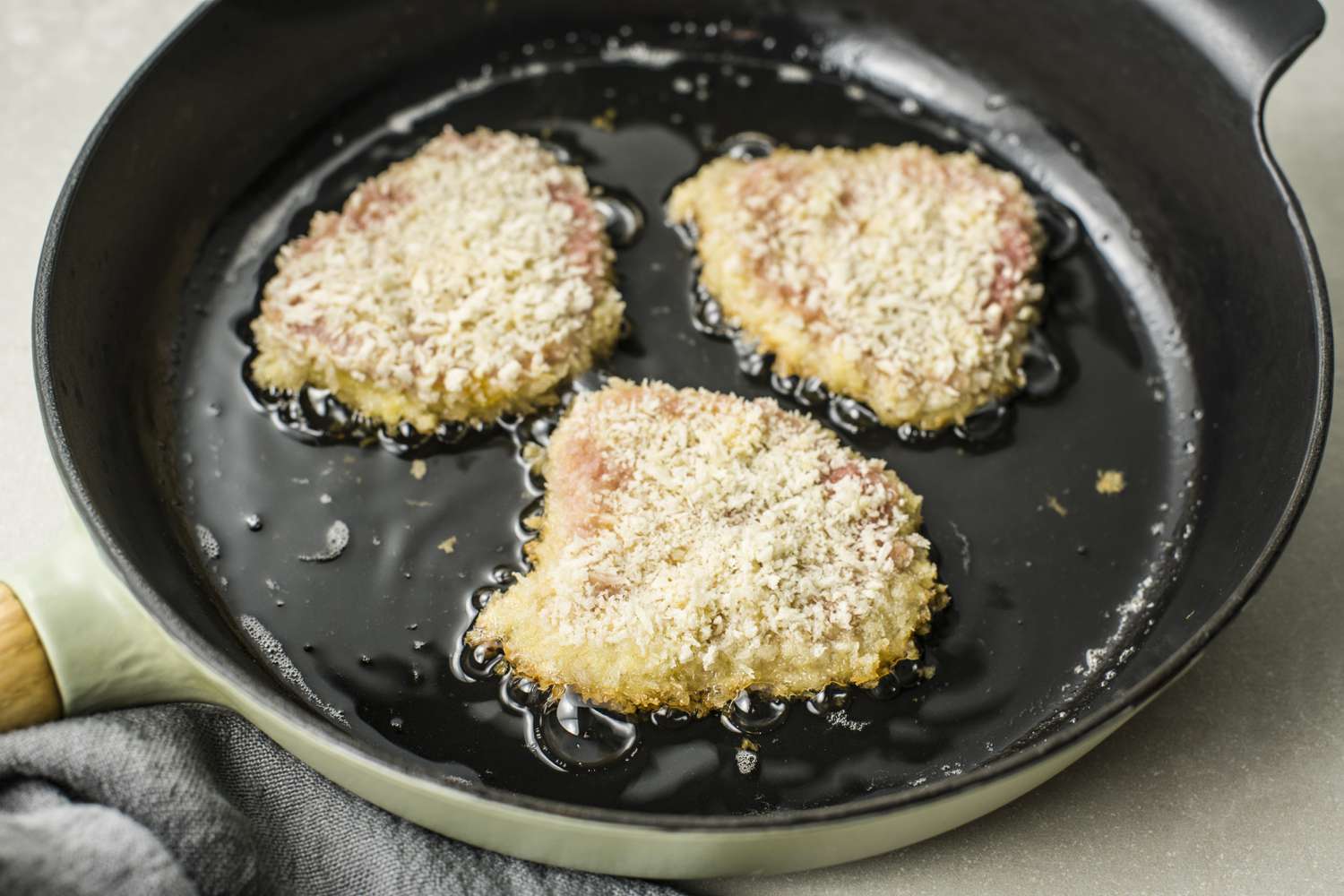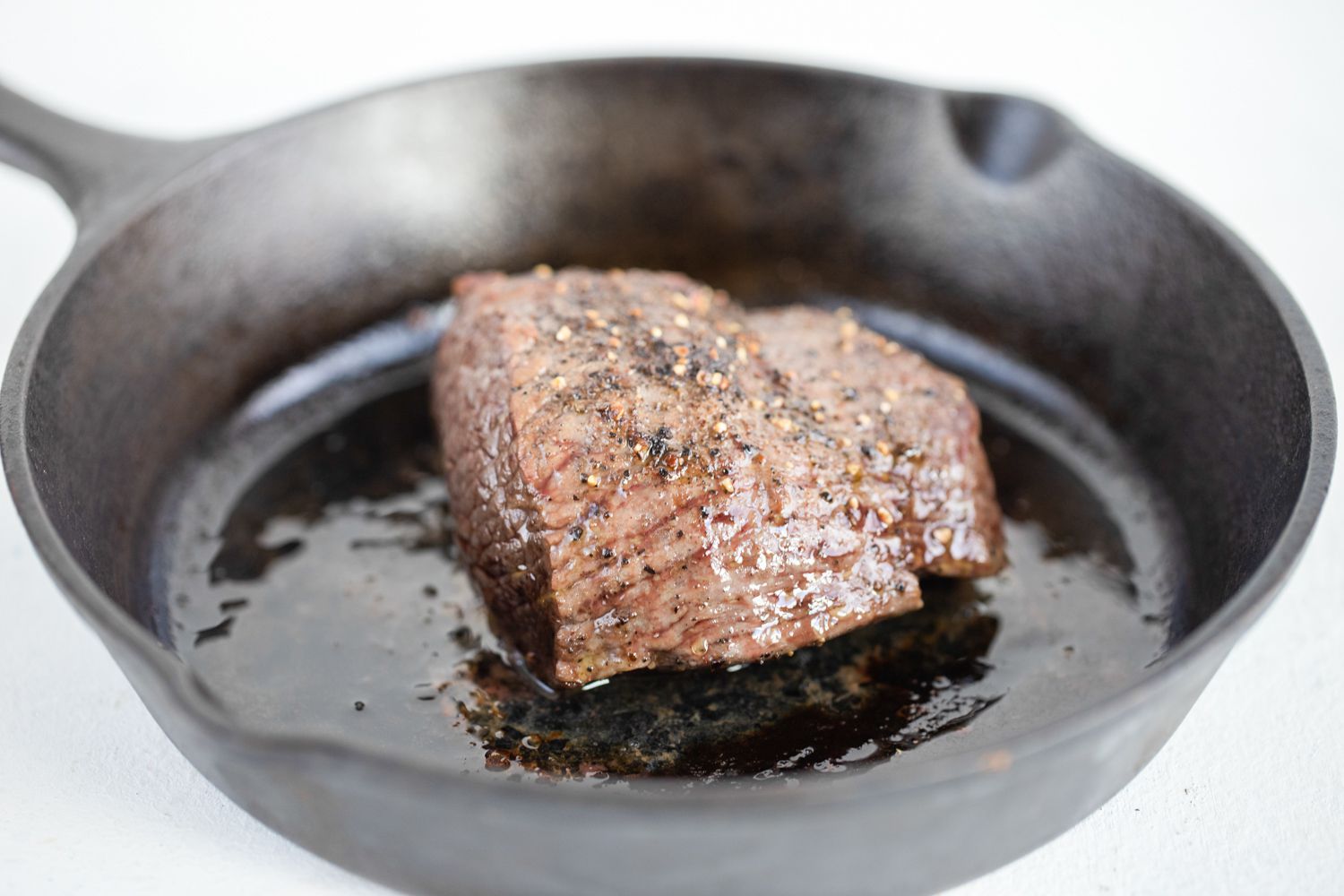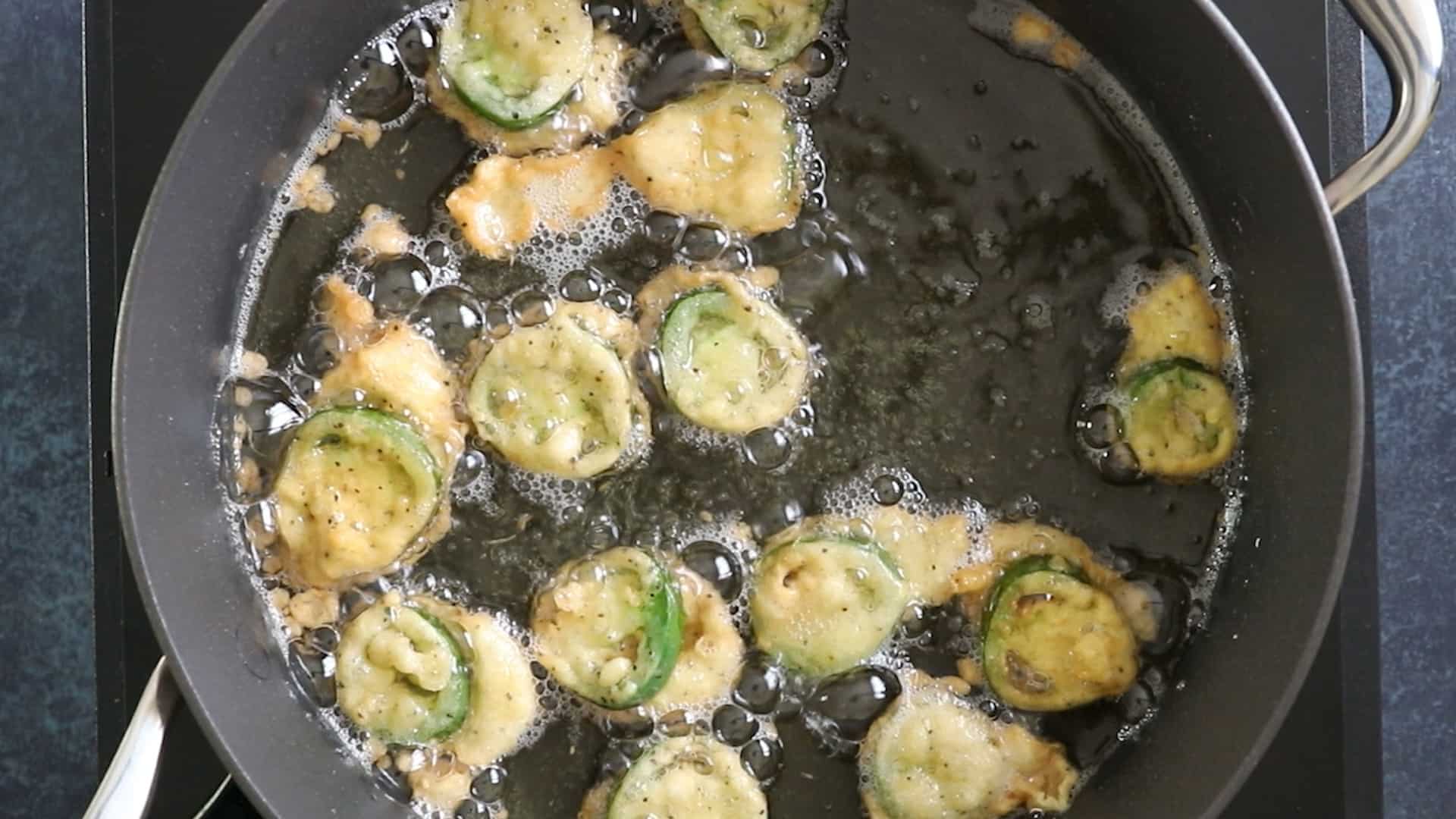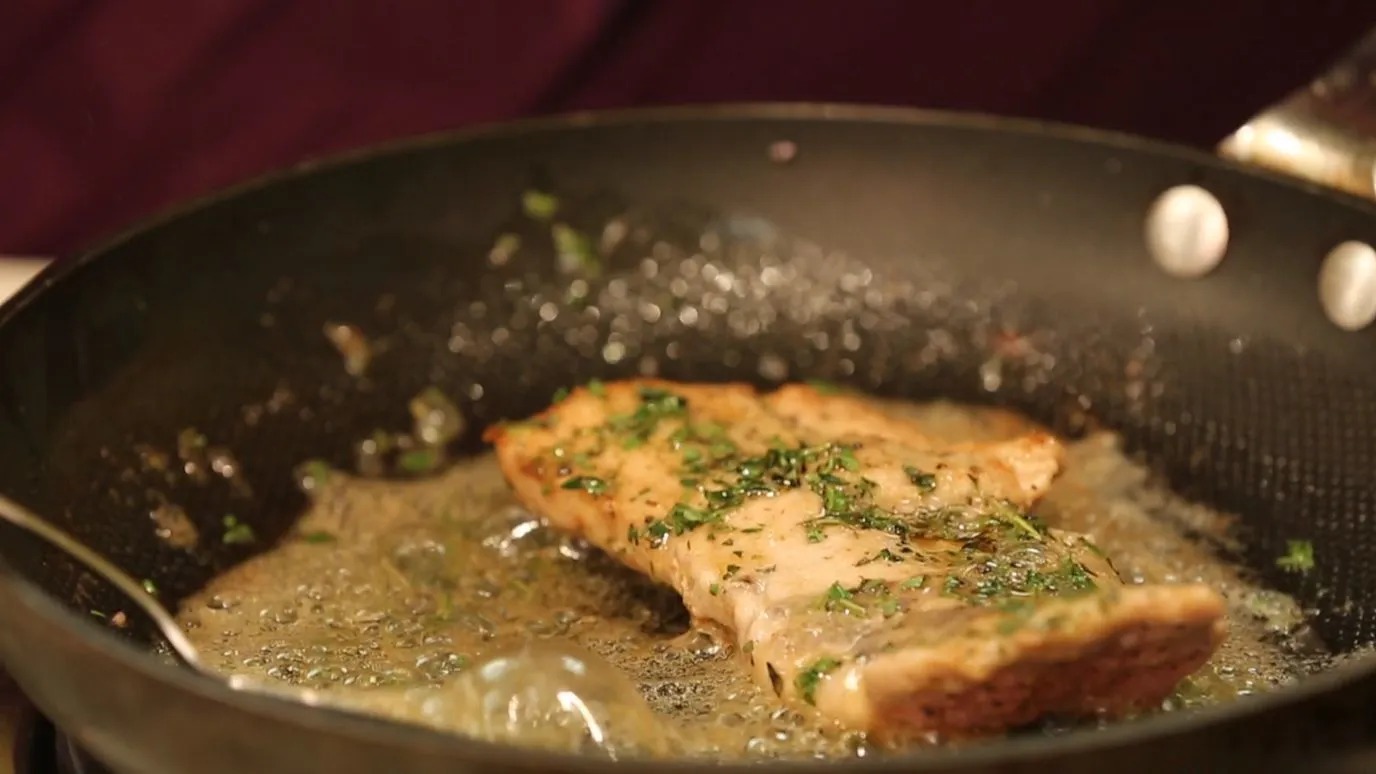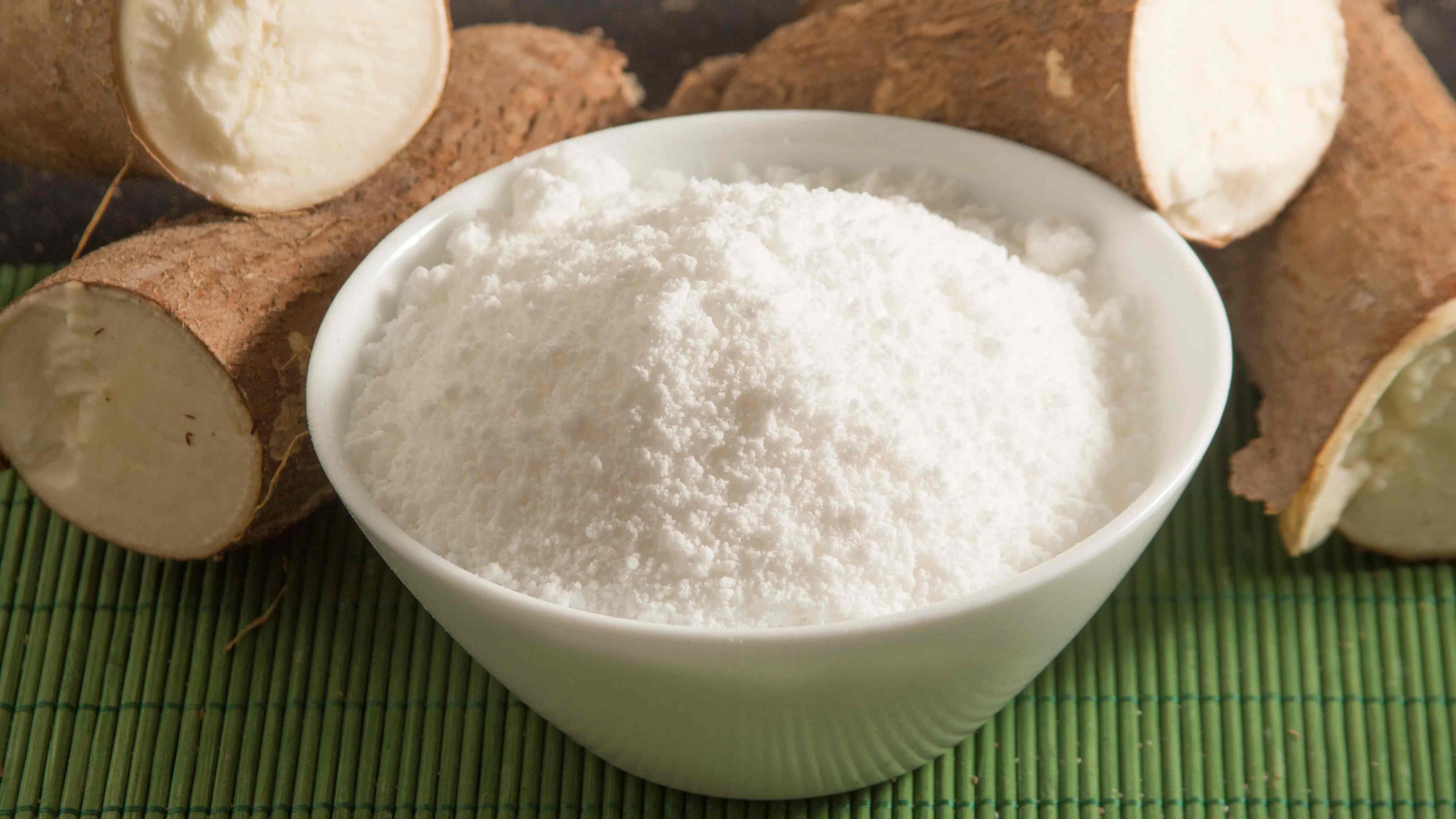Brining Potatoes for Baking: A Game-Changing Technique
When it comes to baking potatoes, achieving that perfect crispy skin and fluffy interior can be a bit of a challenge. However, there’s a simple yet effective technique that can take your baked potatoes to the next level: brining. Brining involves soaking the potatoes in a saltwater solution before baking, and it can make a world of difference in terms of flavor and texture. In this article, we’ll explore the process of brining potatoes for baking and the benefits it offers.
Why Brine Potatoes?
Brining potatoes before baking serves several purposes. Firstly, it helps to season the potatoes from the inside out. The salt in the brine penetrates the potatoes, enhancing their natural flavor and ensuring that every bite is perfectly seasoned. Additionally, brining can help the potatoes retain moisture during the baking process, resulting in a creamier texture.
Another benefit of brining is that it can help the potatoes develop a crispy, golden-brown skin when baked. The salt in the brine draws out moisture from the surface of the potatoes, which then evaporates in the oven, creating a crispy crust that is a delightful contrast to the fluffy interior.
How to Brine Potatoes for Baking
Brining potatoes for baking is a straightforward process that requires just a few simple ingredients and some patience. Here’s a step-by-step guide to brining potatoes:
- Choose the Right Potatoes: Start by selecting the right type of potatoes for baking. Russet potatoes are an excellent choice due to their high starch content, which results in a fluffy texture.
- Prepare the Brine: In a large bowl or container, mix together water and salt to create a brine. The general ratio is about 1/4 cup of salt for every 4 cups of water. You can also add herbs, garlic, or other seasonings to the brine for additional flavor.
- Soak the Potatoes: Place the potatoes in the brine, making sure they are fully submerged. Allow them to soak for at least 1-2 hours, or for best results, refrigerate them overnight.
- Rinse and Dry: After brining, remove the potatoes from the brine and rinse them thoroughly under cold water to remove excess salt. Pat them dry with paper towels before baking.
- Bake to Perfection: Once the potatoes are rinsed and dried, they are ready to be baked. Follow your favorite baked potato recipe, and enjoy the delicious results of your brining efforts!
Experiment with Flavors
While a simple saltwater brine can work wonders for baked potatoes, don’t be afraid to get creative with flavors. You can customize the brine by adding various herbs and spices to infuse the potatoes with different flavors. For example, you might consider adding rosemary, thyme, or garlic to the brine for a more aromatic and savory result.
Additionally, you can experiment with different types of salt, such as sea salt or flavored salts, to add a unique twist to your brined potatoes. The possibilities are endless, so feel free to get adventurous in the kitchen!
Final Thoughts
Brining potatoes for baking is a simple yet effective technique that can elevate the flavor and texture of your baked potatoes. By taking the time to brine your potatoes before baking, you can achieve a perfect balance of crispy skin and fluffy interior, all while infusing them with delicious seasonings. So, the next time you’re craving a comforting baked potato, consider giving brining a try – you won’t be disappointed!
Do you have any brining tips or flavor combinations that you love to use for baked potatoes? Share your thoughts and experiences with us!
More Delicious Potato Recipes to Try
Having mastered the art of brining potatoes, the culinary journey doesn't end here. The versatility of brined potatoes allows for a myriad of delightful recipes to enhance your dining experience. Consider trying the Classic Brined Baked Russet Potatoes for a taste of simplicity at its best, or elevate your meal with a sophisticated touch by preparing the Brined Baked Potatoes with Truffle Oil Drizzle. For those who enjoy a hint of zest, the Lemon Pepper Brined Baked Potatoes offer a refreshing twist. Each recipe utilizes the brining technique to ensure that every bite is infused with flavor, making them perfect candidates for your next cooking adventure. Whether it's a family dinner or a special occasion, these recipes are designed to impress and satisfy any palate.
Was this page helpful?
Read Next: How To Brine Fish Before Cooking
